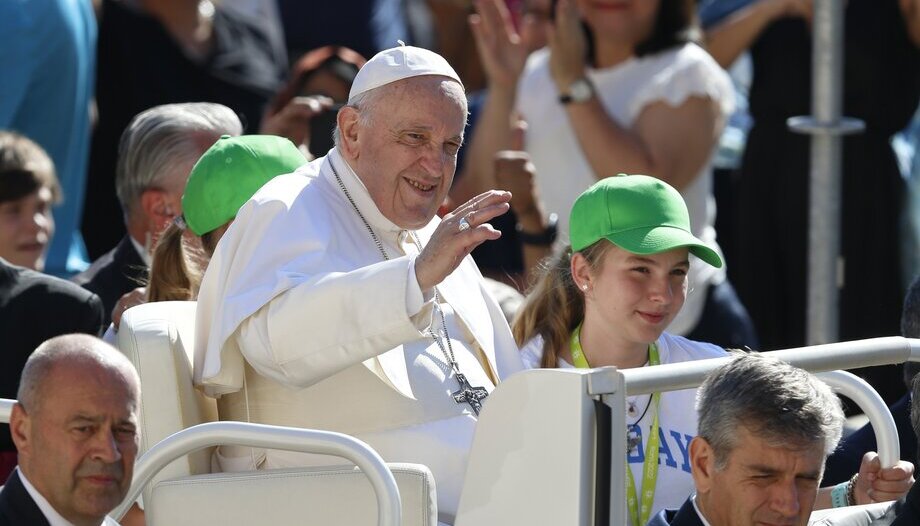This week Pope Francis began his reflection from the Gospel text of Jesus« dialogue with Nicodemus. «In Jesus» conversation with Nicodemus emerges the heart of Jesus“ revelation and redemptive submission, when he says: ”For God so loved the world that he gave his only Son, that whoever believes in him should not perish but have eternal life“ (v. 16). Jesus tells Nicodemus that to ”see the kingdom of God» it is necessary to be "born again from above" (cf. v. 3)".
Nicodemus does not understand the words of Jesus and "misunderstands this birth, and questions old age as evidence of its impossibility: human beings inevitably grow old". However, as the Pope has been pointing out in recent months, "being old is not only not an obstacle to the birth from on high of which Jesus speaks, but it becomes the opportune time". It is in old age that the elderly must rediscover their mission in life.
The myth of eternal youth
Our sociocultural context shows "a worrying tendency to consider the birth of a child as a simple question of production and biological reproduction of the human being, cultivating the myth of eternal youth as the obsession - desperate - of an incorruptible flesh. Why is old age - in many ways - despised? Because it leads to the irrefutable evidence of the destitution of this myth, which would like to make us return to the mother's womb, to return always young in the body".
The biotechnological development of the last few decades has fostered an optimism that goes so far as to support the possibility of immortality. "Technology is attracted by this myth in every sense: hoping to defeat death, we can keep the body alive with medicine and cosmetics, which slow down, hide, eliminate old age. Naturally, wellness is one thing, feeding the myth is another. It cannot be denied, however, that the confusion between the two aspects is creating a certain mental confusion".
Departing from the programmed text, Pope Francis made some valuable considerations on the beauty of the wrinkles of the elderly, which are opposed to the culture of aesthetic operations. "So much is done to always have this youthfulness again. So much make-up, so many surgical interventions to look young. The words of a wise Italian actress come to mind. When she was told that she had to get rid of wrinkles and she said: no, don't touch them, it took me many years to have them. That's it, wrinkles are a symbol of experience, of maturity, of having made a path. Do not touch them to become young, but young in the face, what matters is the whole personality. What matters is the heart that remains with that youthfulness of good wine, that the older it gets, the better it is".
Life in mortal flesh is a most beautiful "incompleteness": like certain works of art that precisely in their incompleteness have a unique charm. For life here below is "initiation", not fulfillment: we come into the world like this, as real people, forever. But life in mortal flesh is too small a space and time to guard intact and bring to fulfillment the most valuable part of our existence in the time of the world.
Following this logic, "old age has a unique beauty: we walk towards the Eternal. No one can re-enter the mother's womb, not even in its technological and consumerist substitute. It would be sad, even if it were possible. The old man walks forward, toward destiny, toward God's heaven. Old age is therefore a special time to dissolve the future of the technocratic illusion of a biological and robotic survival, but above all because it opens to the tenderness of the creative and generative womb of God".








